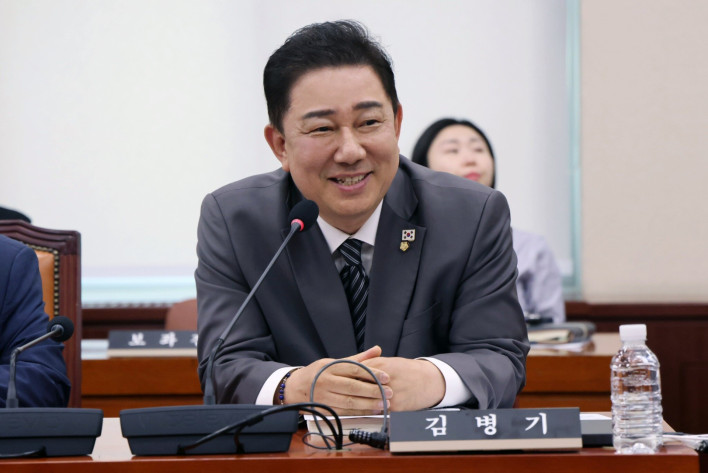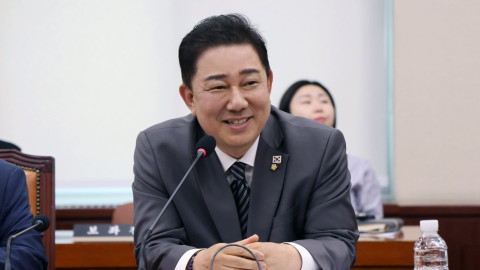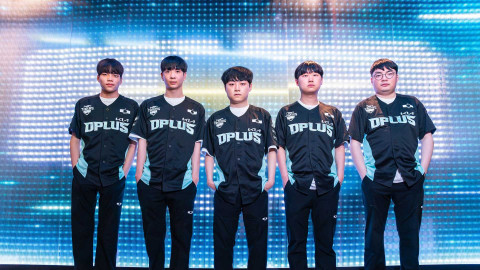
Democratic Party of Korea floor leader Rep. Kim Byung-kee has reintroduced a bill to amend the Game Industry Promotion Act, seeking to ban the “complete gacha” system and prohibit game companies from secretly manipulating the odds of chance-based items.
Main Provisions of the Bill
At its core, the amendment aims to outlaw complete gacha, a mechanic where players must collect a full set of random items in order to obtain a new, rare item. The bill also introduces a clause explicitly prohibiting developers from altering drop rates without informing users. To enforce this, the Minister of Culture, Sports and Tourism would be given the authority to investigate cases where the accuracy of disclosed probability data is in doubt.
The proposal goes further, requiring companies to clearly inform players about consumer protection measures—such as exchange or refund options—for secondary content acquired with in-game currency. It also lays down a system for compensation if a live service is shut down.
Lawmaker’s Rationale
Rep. Kim argued that current legislation does not impose sanctions on companies that violate disclosure rules, nor does it restrict practices like odds manipulation or complete gacha. According to him, this creates an environment that can encourage gambling-like behavior. He said the amendment is intended to promote healthier gaming practices while safeguarding the rights of players who purchase premium content.
Legislative Background
This is not the first time the issue has surfaced. In the previous (21st) National Assembly, Democratic Party lawmaker Rep. Yoo Dong-soo put forward a similar bill, but it expired at the end of the legislative term.
Back then, the National Assembly’s Culture, Sports and Tourism Committee advised that a complete gacha ban would only be justifiable if its harms were recognized as comparable to those of gambling products, suggesting that thorough surveys and empirical studies would be needed first.
The Ministry of Culture, Sports and Tourism also took a cautious stance, warning that an outright legal prohibition on game companies’ business models should be carefully considered. The ministry emphasized that guiding consumer choice through transparent information should take priority over blanket bans.
This article was translated from the original that appeared on INVEN.
Sort by:
Comments :0






